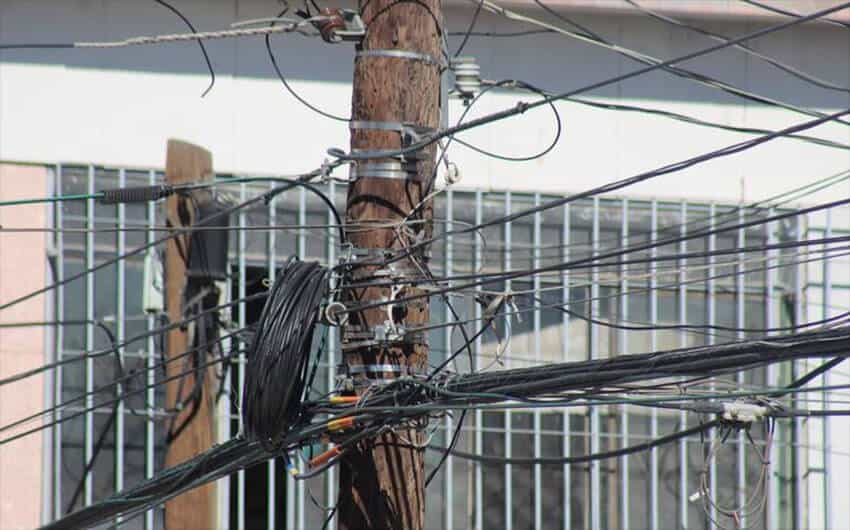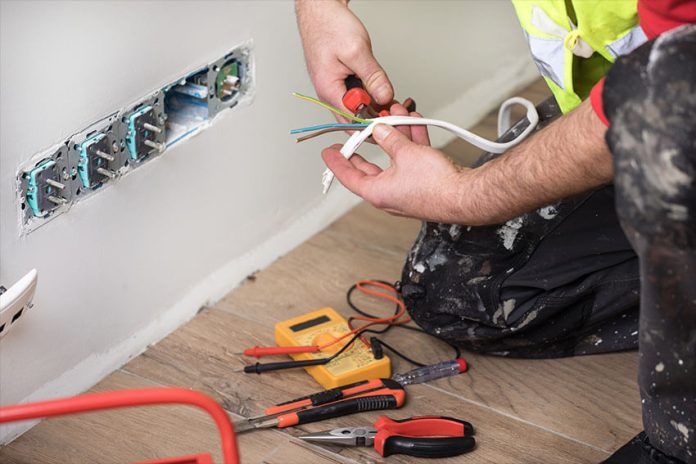Lured by low prices, many construction companies are using electrical materials that are not authorized for use in Mexico, according to the head of a public-private electricity safety initiative.
“We’ve been finding in recent years that important construction developers are using electrical conductors that aren’t authorized,” Mari Carmen Ruiz, coordinator of the Programa Casa Segura (Safe House Program), told the newspaper Milenio.
In some cases, the materials are “banned in more than 30 countries, but we have more than 43,000 homes with these kinds of wires,” she said.
According to a Milenio report, unauthorized electrical components enter the country after passing customs “irregularly” and are subsequently sold here. They’re attractive because of their low price — especially considering that construction materials in general have increased significantly over the past year — but their use comes with risks such as short circuits and fires.

Ruiz said that one of the most frequently detected unauthorized materials is copper-clad aluminum wire, which can contribute to short circuits and cause fires if not of sufficient quality. “If we didn’t allow ourselves to be seduced by the low costs we wouldn’t have that problem,” she said.
Milenio found a difference of up to 2,000 pesos (US $98) between prices for 100 meters of electrical wire. A survey conducted by Programa Casa Segura found that a majority of construction company respondents were using wires that aren’t authorized in Mexico due to their high fire risk.
Ruiz called on companies and individual consumers to buy electrical materials from established businesses and to check that their packaging confirms that they meet official Mexican standards. She also said that people buying a new home should ask developers about the kind of wire used and confirm that it is authorized. People who discover the use of unauthorized electrical components can file a complaint with Programa Casa Segura, which is backed by government and industry organizations.
The CEO of lighting company Signify said that some lights — including Christmas lights — sold in Mexico don’t meet official standards either. “The importation of lights is not properly … [monitored], customs is very porous,” Pedro Martín said.
“Of everything that comes in, there is a large percentage of product that doesn’t meet [official] standards,” he said, warning that there is a risk of electric shocks from poor-quality, unauthorized lights.
Martín gave consumers similar advice to that offered by Ruiz, but added a caveat. “We have to make sure that the packaging has the official Mexican standard stamp, but that’s not enough because there are packages that have the stamp … but in reality [the product] doesn’t meet [the standard],” he said.
“For example, there are LED tube lights that don’t have a safety circuit and if you touch it by mistake you can get a 130-volt shock,” Martín said. Prices of unauthorized lighting products can be 20% lower, but the risk they entail easily outweighs the saving, he said.
With reports from Milenio
